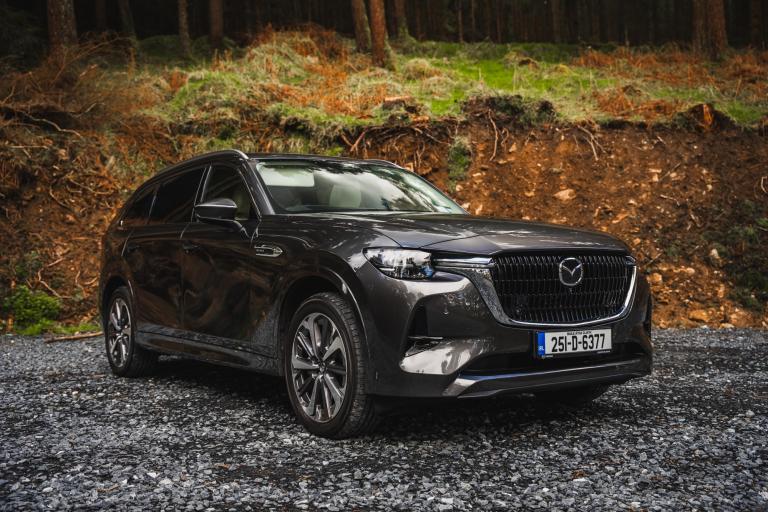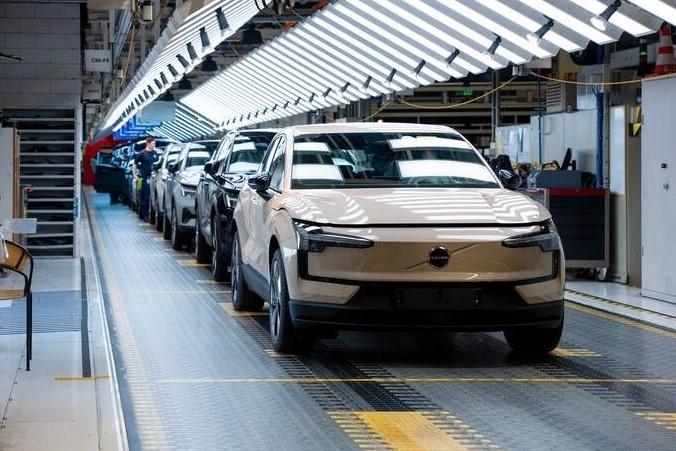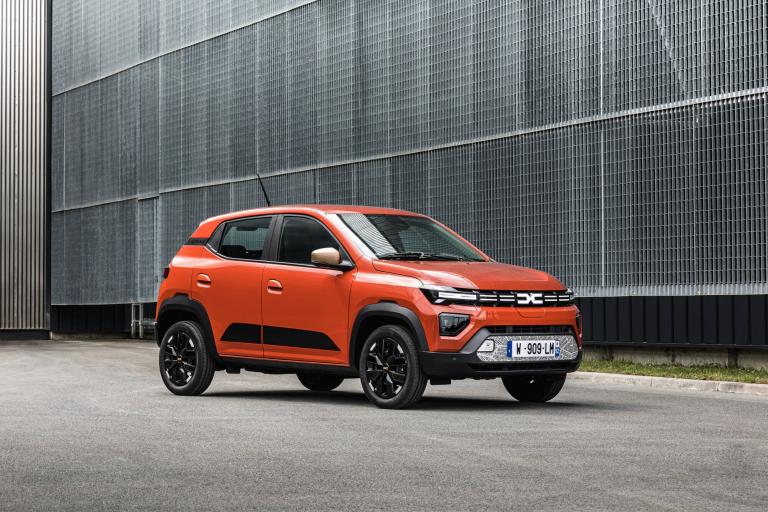‘People will make move over to diesels’ – anger as plug-in grant scheme is pulled
Published on 20 October, 2021
Overview
The writing had been on the wall for some time, as incentives for plug-in hybrids stood on shaky ground.
The perception at government level was they were not replicating the official CO2 emissions obtained under official tests, so the goalposts were moved.
However, this week’s decision to pull the €2,500 incentive on pre-ordered cars for next year shifted not just goalposts, but stadiums.
You can imagine the confusion. People bought and signed for something on one basis, only to find it is no longer the case, leaving retailers in a quandary.
The decision to remove the plug-in incentive has been described as “shocking” and “deplorable”.
The Society of the Irish Motor Industry (SIMI) says the announcement gives no notice for anyone involved.
Hyundai chief Stephen Gleeson summed it up, saying: “We will sell fewer plug-ins than higher polluting hybrids. We will be cutting back on orders. Eamon Ryan has contributed to higher pollution for next year and the years after that.”
For cars that are already here dealers might soften the blow a little.
“But what really matters is that ongoing demand for PHEVs, year on year, will fall and other higher polluting cars will be sold in greater quantity,” Mr Gleeson said.
“People will go back to diesels and hybrids.”
Ronan Flood, MD Kia Ireland, said: “Our feedback from PHEV customers is they are doing the vast majority of their daily motoring on full EV power and only using the petrol engine at weekends or for longer journeys.”
It is the second time in two weeks that motor retailers have had to contact customers who have already pre-ordered their car for January.
Last week it was telling people the Government has increased VRT and this week it is the removal of the €2,500 PHEV grant.
So far this year 7,658 PHEV cars have been sold. The industry is committed to more than 11,000 PHEV sales for 2022.
From July 1 last, the Government had reduced the PHEV SEAI grant relief from €5,000 to €2,500.
At the time the rules allowed customers who ordered PHEVs until June 30 to avail of the full grant, so long as the cars were registered within four months of the application for the grant.
With the latest proposal, the Government has withdrawn that provision.
It means customers who have already made a choice will not get the support “which underpinned their decision”, according to SIMI.
SIMI director general Brian Cooke said: “In many cases this purchase would have included a finance arrangement which also may require renegotiation. This is inconceivable.
“This is a terrible decision which is anti-consumer and anti-environment, only adding to the cost for the customer making a better environmental decision.
“PHEVs are an important stepping stone to going fully electric, particularly in parts of rural Ireland where this is a lack of charging infrastructure. For the first quarter of next year PHEVs have been ordered well in advance of the Budget.”
The Climate Action Plan hopes to have 94,000 PHEVs on our roads by 2025 and 290,000 by 2030.
“The removal of these incentives undermines this plan and runs counter to the aim of reducing emissions,” Mr Cooke added.
Readers tell us why it makes sense for drivers to stick with older cars
“We bought our 09 vehicle four years ago for €12,000. Apart from having to change the tyres, timing belt, DIY oil and filter change, it has not cost us a cent.
“We are not proud of maintaining it in tip-top shape. We are not particularly interested in cars, nor do we feel powerless to reach for a newer one.
“We simply felt it made economic sense to pay a once-off cost of €12,000 for a car we expected to last a minimum of seven to eight years.
“That would represent an annual cost of around €1,500. To buy a new car would cost us €30,000 to €40,000.
“A purchase that large would have to be financed at a sum of considerably more than €1,500 a year.
“We could afford it, but it would be an economically stupid choice.
“I think our situation is probably pretty representative of ‘middle-class Ireland’.
“We have, at any one time, a handy €10,000 to €15,000 to spend on changing a car, but not the €30,000 to €40,000 required for a brand new one.”
Name with Motoring Editor
Would you prefer it if your child learned to drive in an EV electric car?
It’s a decision facing many parents: do you let your children learn to drive in a petrol/diesel manual or electric car (automatic).
If you pass your test in an automatic car, you’re limited to driving vehicles with automatic transmissions, the RSA says.
Peugeot in the UK has carried out a survey and got a surprising answer, which one presumes somewhat reflects the sentiment here to a degree.
It found that four in 10 parents would prefer their children to learn in a fully-electric vehicle and skip petrol and diesel car driving.
Meanwhile, a quarter of parents revealed their children regularly pester them about switching from their diesel or petrol car to an electric vehicle.
The study highlights the rapidly changing perceptions among both parents and future drivers toward electrification, the research claims.
Would you want your child to learn in an EV or ‘ordinary’ car?
Latest Reviews

Mazda CX-80 Review

Volvo Cars starts production of EX30 in Europe

Dacia Spring: Ireland’s Best Value EV Just Got Even Cheaper